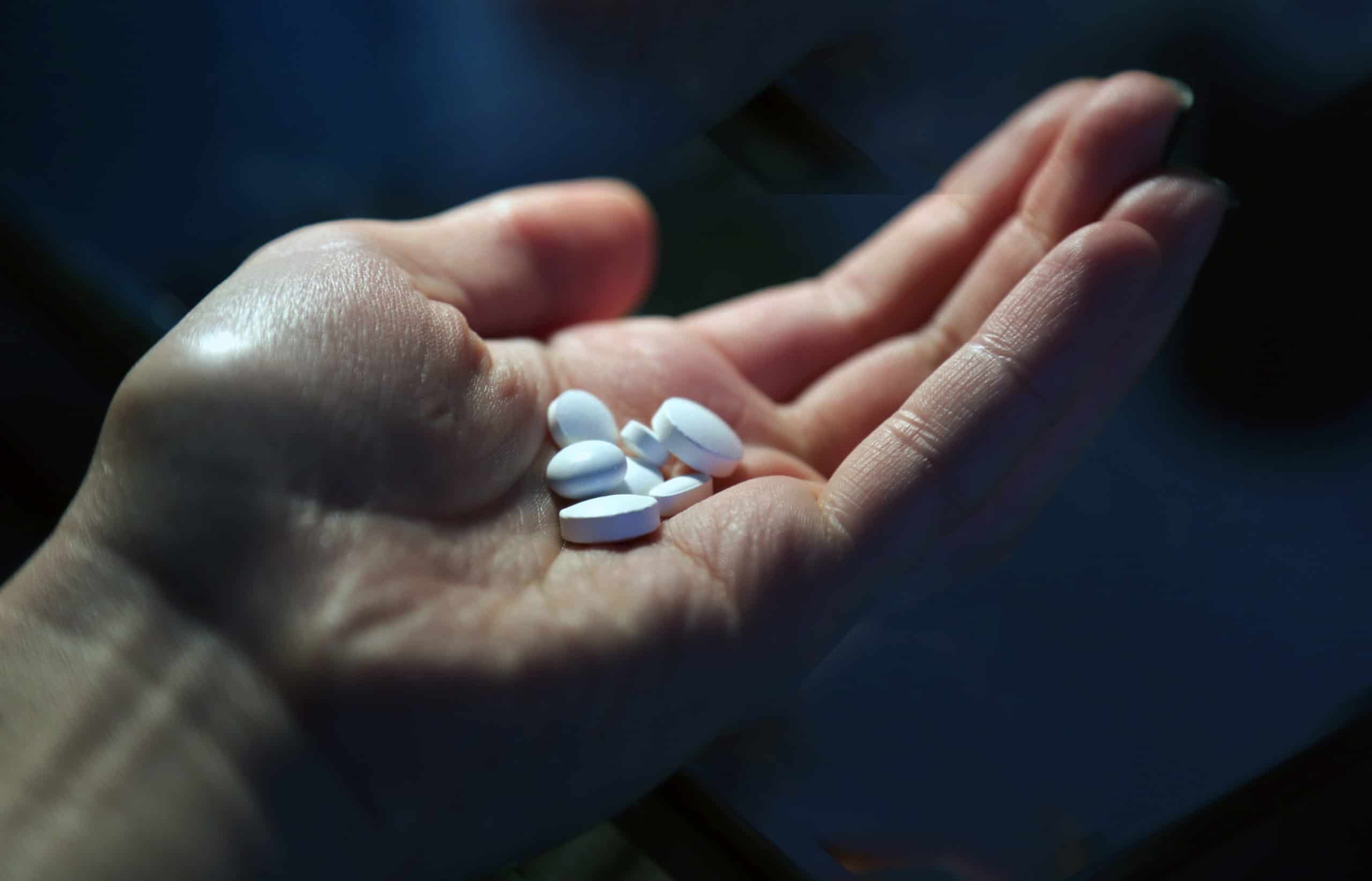Recovering from opioid addiction is a challenging yet deeply rewarding journey. While detox and rehabilitation programs are vital first steps, what happens after treatment is equally important. Aftercare for opioid addiction ensures that individuals have the ongoing support, tools, and strategies they need to maintain sobriety and rebuild their lives. This article explores the key elements of aftercare programs and why they are essential for long-term recovery.
What Is Aftercare for Opioid Addiction?
Aftercare refers to the ongoing care and support provided to individuals after completing an initial addiction treatment program. It bridges the gap between rehabilitation and returning to a stable, independent life. The purpose of aftercare is to provide continuous guidance and prevent relapse by addressing challenges faced in early recovery.
Why Is Aftercare Essential?
The road to recovery from opioid addiction is not linear. According to research, approximately 40-60% of individuals in recovery may experience relapse. This statistic highlights the importance of a structured aftercare plan to reduce these risks. Aftercare helps individuals:
- Build coping mechanisms for triggers and stress.
- Develop a strong support network.
- Maintain accountability and structure as they transition back into daily life.
- Access continued therapeutic services to address underlying issues.
Common Components of Aftercare Programs
The best aftercare programs are tailored to meet each individual’s unique needs. Here are some of the most common elements you might find in an aftercare plan:
Support Groups
Support groups like Narcotics Anonymous (NA) or SMART Recovery offer a safe, judgment-free environment where individuals can share their experiences, challenges, and triumphs. Such groups foster connection and reduce isolation, which is crucial for long-term recovery.
Support group meetings often focus on personal accountability and practical advice for staying sober. Many people find the shared experiences uplifting and empowering.
Individual Counseling
Ongoing therapy provides a space to deepen understanding of the root causes of addiction and develop strategies to overcome emotional or mental health challenges. Therapists can help individuals explore past traumas, build coping skills, and set goals for their future.
Cognitive-behavioral therapy (CBT) and other evidence-based approaches are particularly effective in addressing thought patterns and behaviors associated with addiction.
Medication-Assisted Treatment (MAT)
For some recovering individuals, medication-assisted treatment plays an essential role in aftercare. Medications like buprenorphine, naltrexone, or methadone can help manage withdrawal symptoms or cravings while supporting stability in recovery. MAT is often combined with therapy or counseling to maximize its effectiveness.
Life Skill Development
Transitioning back into everyday life after treatment often involves rebuilding basic life skills. Aftercare programs may offer training in areas such as:
- Job hunting and workplace preparedness.
- Financial literacy and budgeting.
- Strengthening relationships with family and friends.
These practical resources empower individuals to regain independence and build a fulfilling future.
Sober Living Homes
For individuals who might not feel ready to return to their home environment, sober living homes provide structured, substance-free housing. These transitional living spaces promote a healthy and accountable lifestyle. Residents follow house rules, such as attending support meetings and completing weekly chores, fostering a sense of community and responsibility.
Family Education and Counseling
Addiction impacts not only the person struggling but also their loved ones. Family therapy and educational workshops allow families to heal together, rebuild trust, and learn how to support their loved one effectively.
Routine Check-Ins and Monitoring
Check-ins with case managers or counselors help ensure individuals stay on track with their recovery. Scheduled sessions provide an opportunity to address new challenges and adjust aftercare plans as necessary.
Key Benefits of Aftercare
Aftercare programs do more than just prevent relapse; they open the door to opportunities for personal growth and transformation. Key benefits include:
- Establishing accountability through regular appointments with therapists, mentors, or group meetings.
- Identifying and managing triggers to prevent relapse.
- Building healthy habits that promote emotional, physical, and mental well-being.
- Strengthening support systems through connections with others who share similar experiences.
With the right aftercare plan, individuals can progress from merely surviving to thriving in their recovery.
Finding the Right Aftercare Option
Just as every person’s addiction story is unique, their aftercare needs will vary. Whether it involves group meetings, individual counseling, or transitional housing, the best approach is one that aligns with the individual’s specific recovery goals.
At Grand Falls Recovery Center, we understand the importance of personalized care after rehabilitation. If you or someone you love is on the recovery path and needs guidance on crafting an aftercare plan, we’re here to help.
Take the Next Step Toward Long-Term Recovery
Recovering from opioid addiction is a lifelong commitment, and building a strong aftercare foundation is one of the most important steps you can take. Don’t go through this process alone. Connect with the compassionate team at Grand Falls Recovery Center to discuss your needs and create a tailored plan that sets you up for success.
Contact us today to explore how we can support you in your recovery journey.

